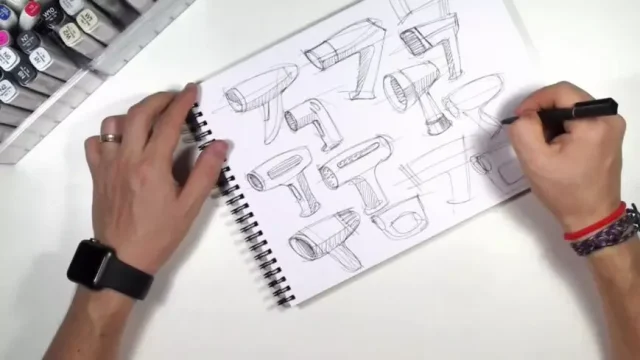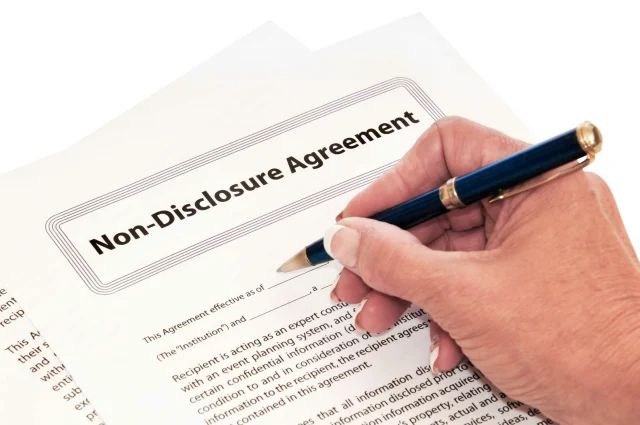
People get innovative ideas all the time, and while some of them are worth investing time and thought in development, others fail to meet feasibility standards and are often dropped. What perfectly describes an idea of any type is the initial potential any idea has.
Now, whether an idea will see the light of the day or remain trapped inside someone’s imagination depends both on the mastermind behind it and the specific conditions necessary for the realization. Even though not all ideas are for sale, we should emphasize that plenty of ingenious ideas would never evolve if they were not sold. Thus, read the following lines and find out what are the things to know before selling an invention idea.
1. Have and Protect Your Idea

The first thing you should cover when selling an invention idea is in question is to have a genuine piece of thought someone would pay to claim the rights on. Patenting the idea could do the trick but the whole process could be both time-consuming and more expensive than one would feel comfortable investing. Also, you should either be familiar with the legal procedures related to patenting or hire a professional that would advocate for your interests.
On the other hand, solely filing for a particular patent can cost incomparably less than the whole venture and could both give you the advantage over the competition and help you protect what is rightfully yours in case you needed to prove that the idea genuinely belongs to you. Thus, make sure you thoroughly assess your options and do what you consider suits you best.
2. Do Your Homework

Even though you might be sure that the invention idea you desire to sell is one of a kind, that does not guarantee you that nobody else thought of something the same, or at least similar, before you. They say similar minds think alike, thus, it comes as no surprise that scientists back in the day came up with similar conclusions and solutions to burning issues of their time.
What we advise is for you to ask around before rushing into premature conclusions, since even though you might have thought of something revolutionary practical, that does not mean others have not developed a similar sequence of thoughts and came up with a very much alike conclusion. On the other hand, your invention idea might come out as the only contemporary solution that meets the wants and needs of the market. Either way, you should check about the novelties related to the invention idea you have thought of and figure out whether selling it is an option or you need to come up with something that would provide you a bigger profit.
3. Who to Sell the Idea to

Unless you are properly connected to the people in charge, it might be difficult to get in touch with the right company representative that would be willing to pay for the idea you intend on selling, especially if you do not feel comfortable with sharing the information about the invention. At Invent Help, you can find additional information on which steps one should take in order to become a legitimate inventor, which should clear any doubts about idea patenting you might have. And you can read more about how they help inventors at this page.
Fortunately, nowadays you can investigate the market easily within a few clicks and find out all you need to know about particular businesses which focus on what you have to offer. Simply see what type of cooperation they offer and under which terms, and assess which of them are worth your time. You should notice that some companies stimulate young minds to present them with their ideas, while others prefer not to waste time on experimenting with novelties, so take your time and inspect the market before going all in.
4. NDAs

You must have heard stories about numerous prolific minds losing all they have because they were so naive to trust a company and share their ideas without previously protecting them legally. One thing is certain, and that is you do not want to part with your invention idea without appropriate compensation, so in order to achieve that you must make sure your intellectual property is protected.
Surely, one of the most secure approaches is to apply for a patent, but there are also other means of protecting what is yours. Namely, if you want to offer your idea to a company without fearing they would abuse pieces of information you share with them, you should insist on signing a non-disclosure agreement. In a nutshell, it would prevent the company you work with from claiming your property as theirs since everything you discuss before finalizing the deal would be considered confidential.
It is of utter importance to emphasize that you should not expect every company to agree with the terms mentioned above. Global brands avoid utilizing this practice since it would not be profitable to deal with who knows how many interested individuals, who could claim their rights on non-existent grounds.
5. Choose Your Style

If someone says you have to sell your invention idea because someone would do it for you, make sure you avoid discussing your business plans with them. Namely, there are numerous ways to either sell or rent your original idea, but you have to choose which one suits you more.
What you should assess is whether you will make more profit if you sell the idea today, or you could earn more in the long run by enjoying royalties. This is another decision you must make on your own, even though consulting a professional for a piece of advice and using the legal information they feed you to fight for a better contract is advisable.
Hopefully, the aforementioned pieces of suggestions should prove their usefulness and help you get the most out of your invention idea. Read the lines above as many times as necessary to obtain all you need to know before putting a price on it and figure out whether selling is the best option or you should wait some more time to make more profit in the days to come.












